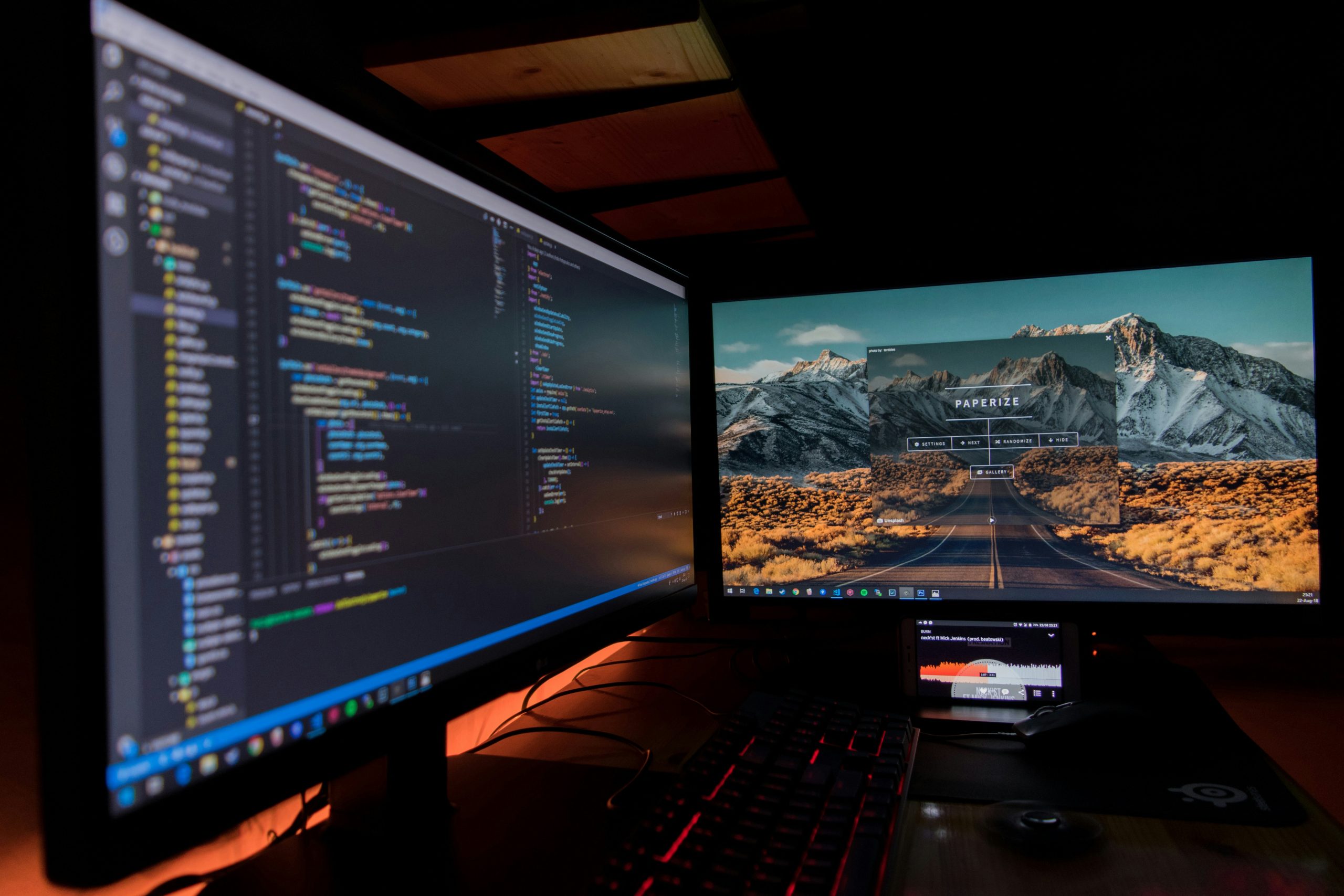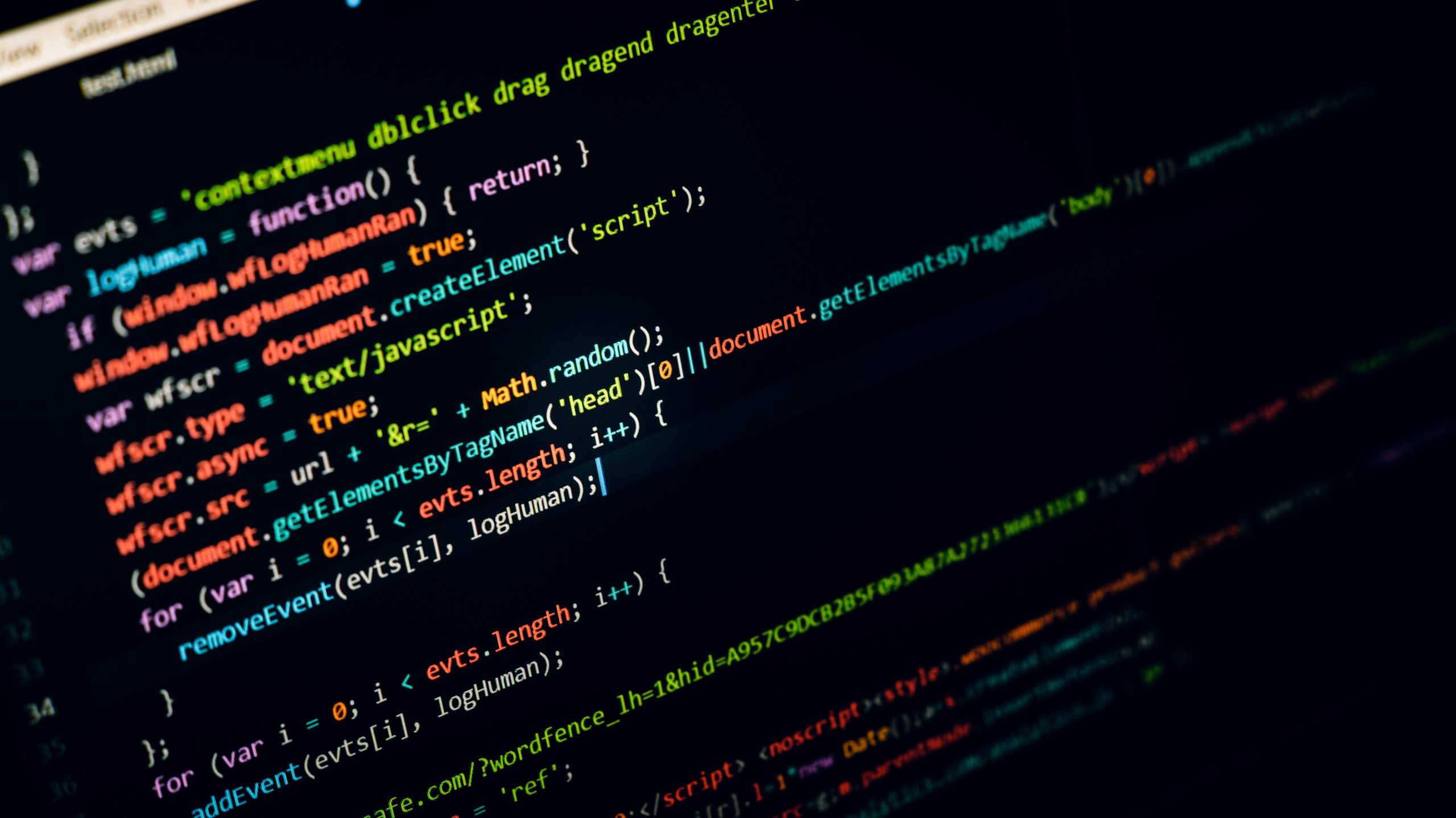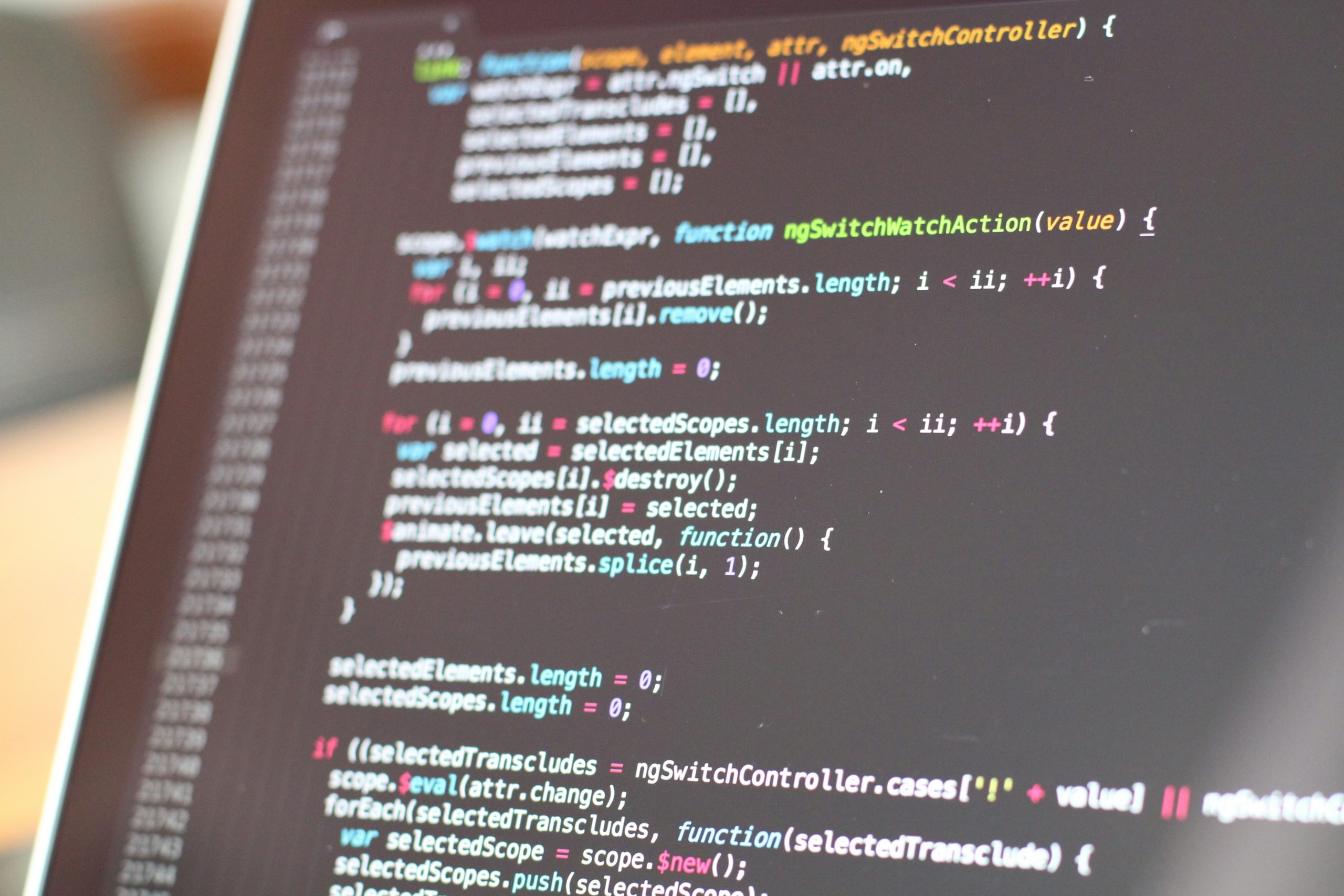Aspiring programmers and seasoned developers alike often find themselves on a quest to discover the best resources to master the foundational language of C programming. The vast array of books on this subject can be overwhelming, leaving many wondering which one truly stands out as the ultimate guide. In this article, we will delve into the world of C programming literature to uncover the hidden gems and explore what sets apart the best book from the rest. Whether you are a beginner looking to grasp the basics or an experienced coder seeking advanced techniques, finding that one comprehensive resource can make all the difference in your journey towards mastering this versatile language. So, sit back, grab your favorite beverage, and prepare to embark on a literary adventure through the realm of C programming books!
History of C programming language
The history of the C programming language is a journey intertwined with the evolution of computing itself. Developed by Dennis Ritchie at Bell Labs in the early 1970s, C was born out of a need for a flexible and powerful language to create Unix. Its design principles focused on efficiency and low-level control, making it a versatile tool for system programming. With its close ties to Unix, C quickly gained popularity and became the foundation for many operating systems and software applications.
One key factor that contributed to C’s enduring success is its portability. By providing direct access to hardware through pointers and memory management, C allows programmers to write code that can run on different platforms without major modifications. This level of control over system resources has made C a favorite among developers working on embedded systems, device drivers, and high-performance applications. Despite being over four decades old, the influence of C can still be seen in modern languages like Java, Python, and JavaScript – a testament to its timeless design principles and widespread impact on software development.

Criteria for evaluating C programming books
When evaluating C programming books, it’s essential to consider the book’s approach to explaining complex concepts. Look for a book that breaks down difficult topics into digestible chunks with clear examples and practical exercises. A good C programming book should have a coherent structure that builds upon foundational knowledge, leading readers from basic syntax to advanced techniques seamlessly.
Another important criterion is the author’s expertise and credibility in the field of C programming. Choose books written by authors with relevant experience and accomplishments in software development or computer science. Additionally, consider the book’s relevance to modern industry standards and practices in C programming, as technologies and best practices evolve rapidly in this field.
Analysis of popular C programming books
When it comes to popular C programming books, K&R’s The C Programming Language remains a timeless classic. Known for its concise and clear explanations, this book is often recommended for beginners looking to gain a solid foundation in C programming. On the other hand, C Programming Absolute Beginner’s Guide by Perry and Miller provides a more modern approach with practical examples and hands-on exercises.
For those interested in mastering advanced concepts, Expert C Programming: Deep C Secrets by Peter van der Linden offers valuable insights into writing efficient and robust C code. Additionally, Head First C by David Griffiths and Dawn Griffiths stands out for its engaging teaching style that caters to visual learners with its unique blend of humor and illustrations. Each of these books brings something unique to the table, making them essential reads for anyone passionate about delving deeper into the world of C programming.

Comparison of top C programming books
When it comes to choosing the best book on C programming, it’s important to consider the approach and structure that suits your learning style. Two popular choices often compared are The C Programming Language by Brian W. Kernighan and Dennis M. Ritchie, and C Programming Absolute Beginner’s Guide by Perry & Miller.
The C Programming Language is revered for its concise explanations and comprehensive coverage of the language fundamentals but may be more suitable for readers with some prior programming experience due to its depth. On the other hand, C Programming Absolute Beginner’s Guide provides a more beginner-friendly approach with practical examples and exercises for hands-on learning.
Ultimately, your choice between these books or others will depend on your level of expertise, preferred learning method, and desired outcomes in mastering C programming skills. Exploring multiple resources can also provide a well-rounded understanding of this foundational language in computer science and software development.
Recommendations and considerations for choosing a book
When choosing a book on C programming, it is essential to consider the level of expertise you have. Beginners might benefit from books that offer clear explanations and step-by-step examples, while more advanced programmers may prefer in-depth technical content. Additionally, evaluating the author’s credentials and experience in the field can provide insight into the quality of information presented in the book.
Another important factor to consider is the publication date of the book. Technology evolves rapidly, so opting for a newer edition ensures that you are learning current best practices and techniques. It’s also beneficial to read reviews from other readers or professionals in the industry to gauge how helpful and practical the book’s contents are perceived to be. Ultimately, finding a book that aligns with your learning style and goals will greatly enhance your understanding and mastery of C programming concepts.

Conclusion: Best book depends on individual needs
In conclusion, determining the best book on C programming largely depends on individual needs and preferences. For beginners looking for a comprehensive guide with clear explanations, C Programming: A Modern Approach by K.N. King might be the ideal choice. However, seasoned programmers seeking in-depth knowledge and advanced topics may find The C Programming Language by Brian W. Kernighan and Dennis M. Ritchie more valuable.
Each individual’s learning style, background knowledge, and specific goals will play a significant role in selecting the perfect book to master C programming concepts effectively. It’s essential to consider factors such as readability, depth of content, practical examples, exercises, and supplementary resources while making the decision. Ultimately, the best book is one that resonates with your learning style and equips you with the skills needed to succeed in mastering C programming language comprehensively.